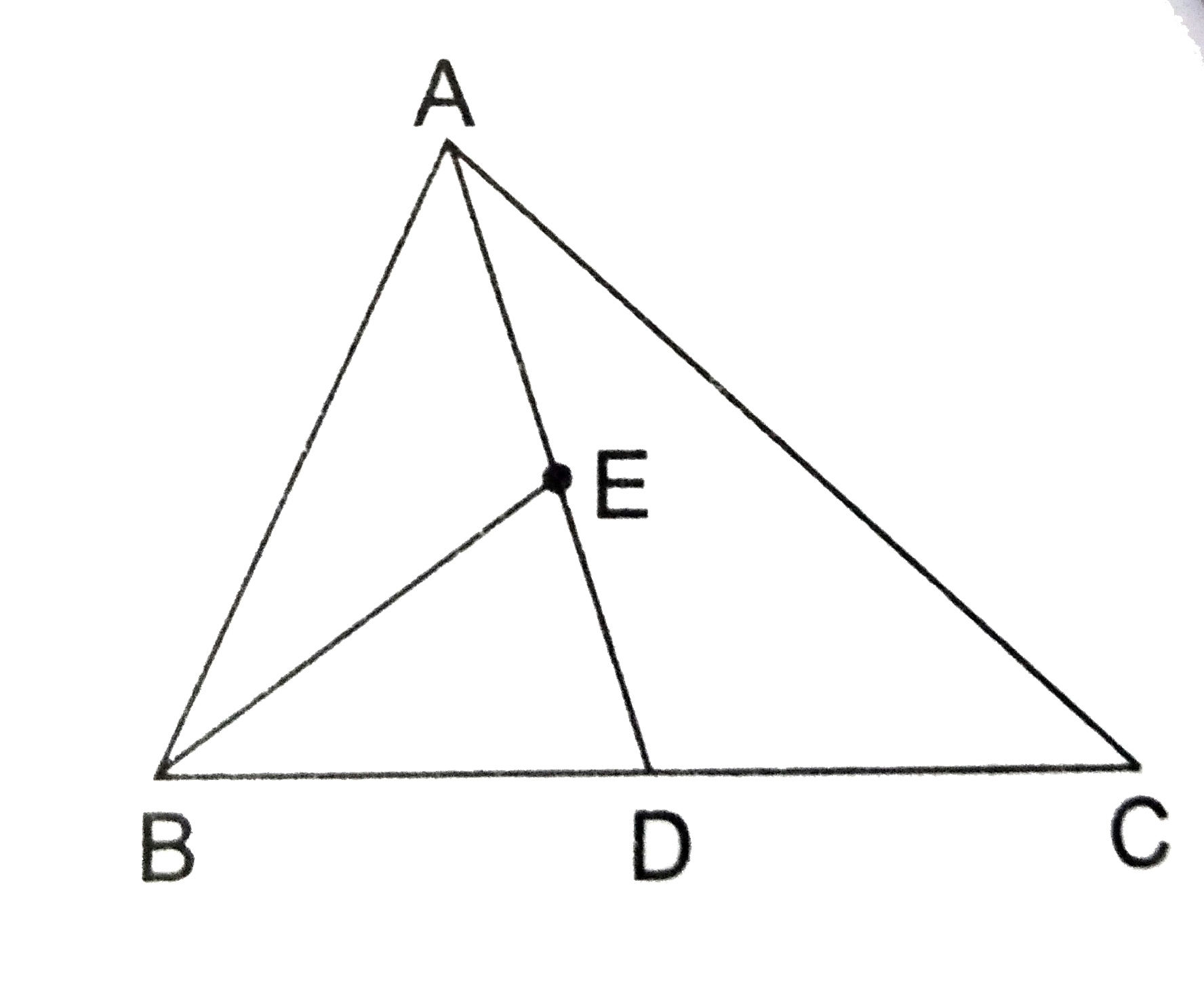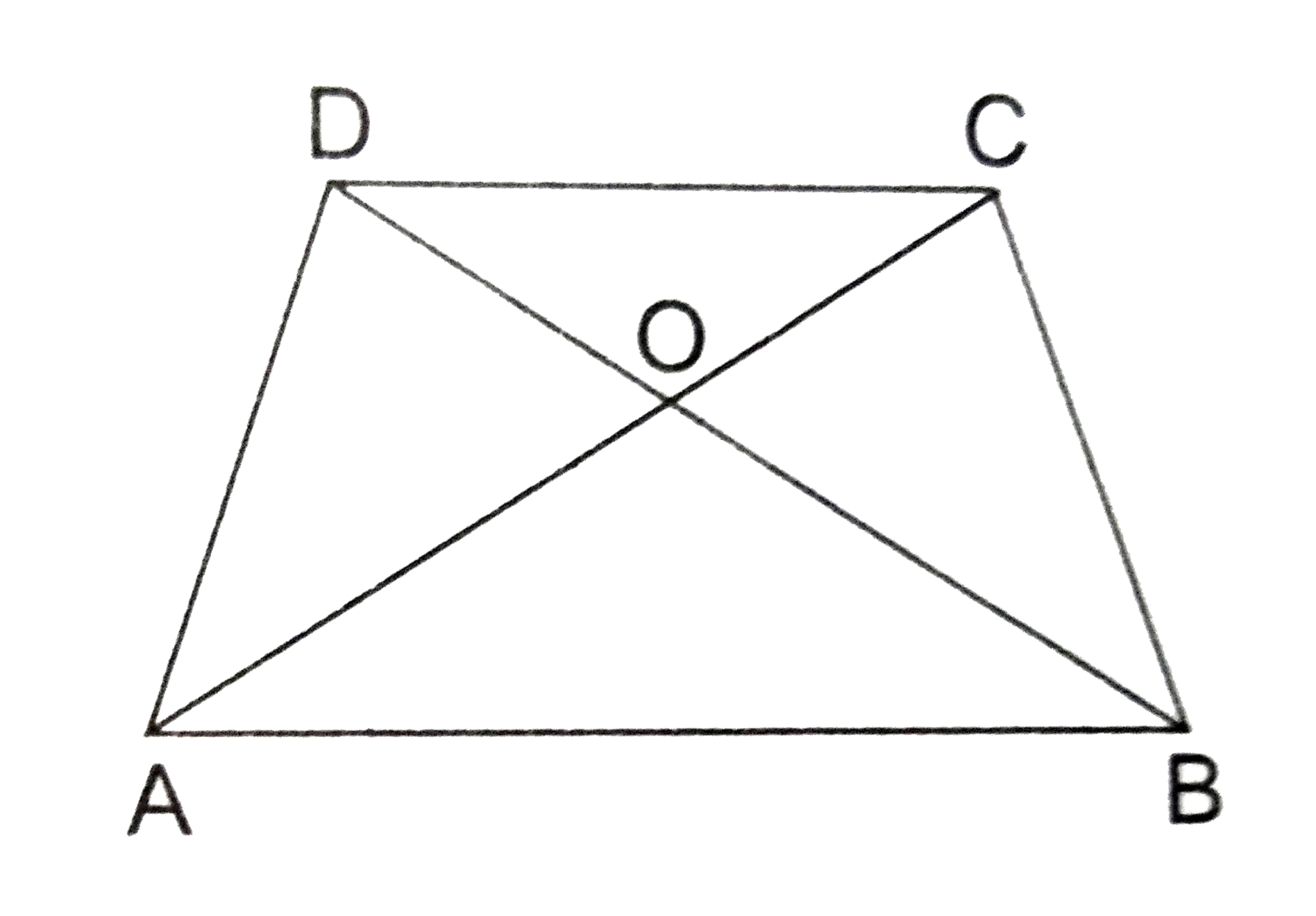Which of the following is false with respect to prosthetic groups? These are
proteins
non-proteins
tightly bound to enzymes
metal compounds.
The correct Answer is:A
To determine which statement about prosthetic groups is false, we need to analyze each of the provided options:
1. Prosthetic groups are proteins.
- This statement is false. Prosthetic groups are not proteins; they are non-protein components that are tightly bound to enzymes. They can be essential for the enzyme's activity.
2. Prosthetic groups are non-proteins.
- This statement is true. Prosthetic groups are indeed non-protein entities that assist in the function of enzymes.
3. Prosthetic groups are tightly bound to enzymes.
- This statement is also true. Prosthetic groups are typically tightly bound to the enzyme, meaning they are not easily removed.
4. Prosthetic groups are metal compounds.
- This statement can be true as well. Many prosthetic groups can include metal ions, which are crucial for the activity of certain enzymes.
Based on this analysis, the statement that prosthetic groups are proteins is the false one.
Final Answer:
The false statement with respect to prosthetic groups is: Prosthetic groups are proteins.
- This statement is false. Prosthetic groups are not proteins; they are non-protein components that are tightly bound to enzymes. They can be essential for the enzyme's activity.
- This statement is true. Prosthetic groups are indeed non-protein entities that assist in the function of enzymes.
- This statement is also true. Prosthetic groups are typically tightly bound to the enzyme, meaning they are not easily removed.
- This statement can be true as well. Many prosthetic groups can include metal ions, which are crucial for the activity of certain enzymes.
The false statement with respect to prosthetic groups is: Prosthetic groups are proteins.
Similar Questions
Knowledge Check
Which one of the following is false?
AThe series 21+34+49+516+....+n+1n2+....is divergentBThe series 12+√25+√310+...+√nn2+1+... isCThe series whose nth term is √n3+1−√n3 is convergentDThe series whose nth term is sin 1n is convergentWhich one of the following is false?
AA series is said to converge if the sequence {Sn} of its partial sums is convergesBThe nature of the series is not affected by adding or removing some termsCIf limn→∞un=0,then the series Σun is convergentDIf from and after some fixed termsun≥un≥∞, then Σvnis divergent, if Σun is divergentWhich one of the following is false?
AAbsolute Converges ⇒ ConvergenceBA conditionally convergent series cannot be absoluteCConvergent ⇒ absolute convergenceDConvergent series may also be conditionally convergent
Which of the following is a false statement ?
View SolutionWhich of the following is a false statement ?
View SolutionWhich of the following is a false statement?


View SolutionWhich of the following is a false statement
View SolutionWhich of the following statements is false with respect to group 14 elements. ?
View Solution
